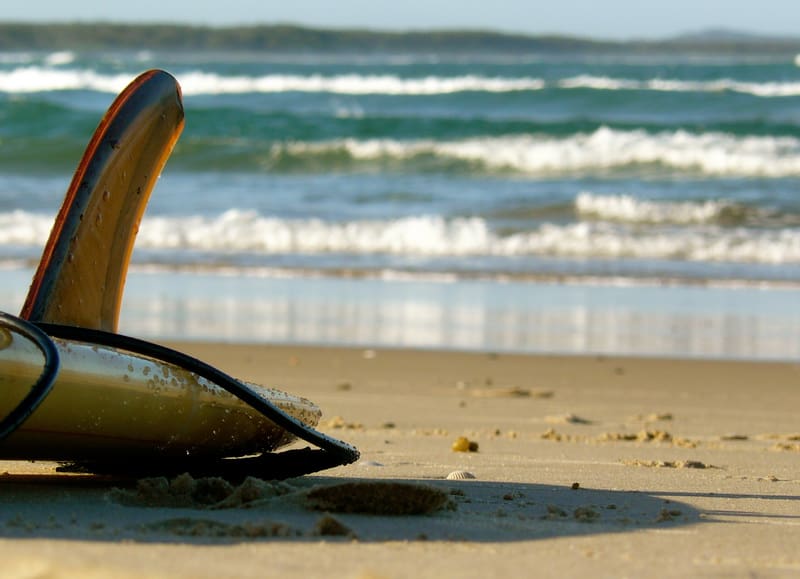If you’re pregnant and want to travel, you can do so by taking some simple precautions and being smart about your preparation. Get comfortable and learn what you should and shouldn’t do while travelling during pregnancy before you embark on your trip!
When it comes to travelling while pregnant, there are a few things that expectant mothers need to take into account. First and foremost is how far into the pregnancy they are. Generally speaking, the second trimester is the best time to travel as energy levels are higher and morning sickness is less of a concern. Additionally, pregnant women should take a few extra steps before hitting the road, such as:
– getting clearance from their doctor
– packing snacks and water
– wearing comfortable clothing
– taking breaks often
Before making any plans to travel, always consult with your health care provider. This is especially important if you have any health concerns or issues, as they will be able to tell you whether it is okay for you to travel at this time.
If you are pregnant and considered high-risk, you may need extra TLC, making travel difficult or even impossible.
Before planning a trip, it’s important to consider your prenatal test schedule and consult your doctor. Tests like chorionic villus sampling, amniocentesis, multiple maker screening, ultrasound, and glucose screening can help ensure a healthy pregnancy. Group B strep screening is another important test for pregnant women.
Before venturing out, it’s always good to have a list of emergency contacts on hand. Similarly, if you’re pregnant, it’s advisable to keep a copy of your prenatal chart with you at all times. This way, should an emergency occur, any other health care provider will be able to better treat you.
When travelling, be sure to bring all the medications you might need, such as prenatal supplements and other remedies. If you are going to a place where prescribed medications are not readily available, it’s good to keep them with their original wrapper.
It’s always a good idea to check your health care insurance policy to see what, if any, coverage it provides for pregnancy complications – especially if you’re planning to travel abroad. If your policy doesn’t cover complications, you can purchase additional coverage for that purpose.
It’s important to get the contact number for the airline you’ll be using for your flight. This way, if there are any changes or issues with your flight, you can contact them and reschedule accordingly.
It’s important to check with your airline before booking a flight if you’re pregnant, as some have policies restricting or prohibiting travel for pregnant women in their third trimester due to the risk of premature labor.
Pregnancy is an amazing time in a woman’s life, but it can also be a challenging one. If you’re pregnant and planning a trip, there are a few things to keep in mind. First, plan your trip at least two months in advance. This will give you the time you need to research and make any necessary arrangements. Secondly, avoid non-stop shopping, adventurous activities, and lengthy sightseeing activities. These may be part of your trip, but your first priority should be your baby and your health. By following these simple steps, you can ensure a safe and enjoyable trip for both you and your little one.











